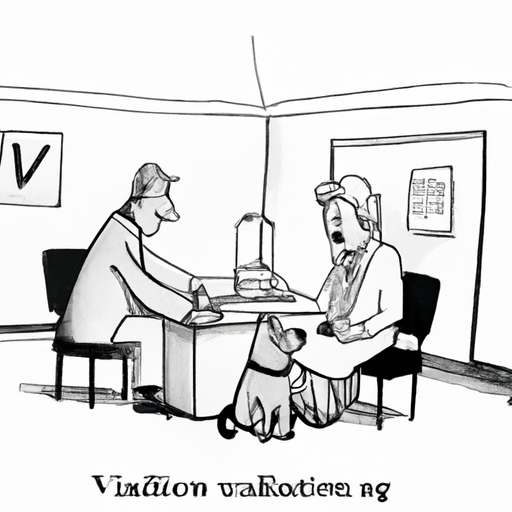The health of your furry companion is paramount, and vaccinations play a significant role in that. Dogs receive their shots mainly at veterinary clinics, animal hospitals, and some pet stores. Vaccinations protect them from a variety of diseases. This article will guide you on understanding where dogs get their shots and why it’s important.
- Table of Contents
- Importance of Vaccinations
- Where Do Dogs Get Vaccinated?
- Vaccination Schedule
- Types of Vaccines
-
FAQs
-
Key Takeaways
- Vaccinations are crucial for your dog’s health.
- Dogs typically get their shots at veterinary clinics, animal hospitals, or pet stores.
- Vaccination schedules are essential to follow.
- Knowing the types of vaccines and what they protect against can help you make informed decisions for your pet.
Importance of Vaccinations
Vaccinations are crucial in protecting your pet from various diseases, some of which can be fatal. They work by preparing your dog’s immune system to defend itself against any invasion of disease-causing organisms. Vaccines contain antigens that mimic disease-causing organisms in a dog’s immune system but don’t actually cause the disease.
The importance of vaccinations cannot be overstated. According to the American Veterinary Medical Association, vaccinations are a critical component of preventive healthcare for pets.
Similarly, an informative read from OneTopDog provides a comprehensive guide on overall dog health, including the significance of vaccinations.
Where Do Dogs Get Vaccinated?
Dogs primarily receive their vaccinations at vet clinics or animal hospitals. Some pet stores also offer vaccination services. No matter where you choose to have your dog vaccinated, it’s crucial to ensure that a licensed veterinarian administers the shots.
In a veterinary clinic or animal hospital, vaccinations are part of a general health checkup. Here, the vet may also check for any other health issues, ensuring that your dog is in top shape.
Some pet stores offer vaccination clinics where you can bring your dog for their shots. These are often cost-effective options for pet owners.
Vaccination Schedule
It’s essential to adhere to a vaccination schedule for your dog. Puppies typically start their vaccinations at around 6 to 8 weeks of age and continue until they are about 16 weeks old. After this, they will require additional booster shots throughout their lives.
The exact vaccination schedule may vary based on factors such as your dog’s breed, age, health status, and the type of vaccine. Your vet is the best person to guide you regarding this.
For a comprehensive guide on vaccination schedules, you can check this resource.
Types of Vaccines
Dog vaccines are broadly classified into two types: core and non-core vaccines.
Core vaccines are those that every dog should receive, regardless of their lifestyle or location. They protect against diseases that are severe or widespread, including:
1. Canine Parvovirus
2. Canine Distemper
3. Canine Hepatitis
4. Rabies
Non-core vaccines are optional vaccines given based on a dog’s exposure risk. These include:
– Bordetella Bronchiseptica
– Canine Influenza
– Leptospirosis
– Lyme Disease
For more details on the types of vaccines and what they protect against, you can refer to this comprehensive guide.
Frequently Asked Questions
1. Are vaccinations safe for my dog?
Yes, vaccinations are safe. While they may cause minor side effects like soreness at the injection site or a slight fever, serious side effects are rare.
2. Can I vaccinate my dog at home?
While technically possible, it’s not advisable. It’s best to let a licensed vet administer the vaccinations to ensure they are given correctly and safely.
3. How often does my dog need to be vaccinated?
After the initial puppy series, dogs typically need boosters every one to three years, depending on the vaccine. Consult your vet for the best schedule for your pet.
4. Why does my indoor dog need to be vaccinated?
Even indoor dogs can be exposed to diseases. They can escape, interact with other animals, or be exposed to wildlife that can carry disease.
5. Can vaccinations make my dog sick?
While vaccines mimic disease-causing organisms, they don’t actually cause the disease. If your dog appears to be unwell after a vaccination, contact your vet.
Being a caregiver for your pet means ensuring they get the best care possible, and that includes staying up to date on their vaccinations. Remember, a healthy dog is a happy dog!



